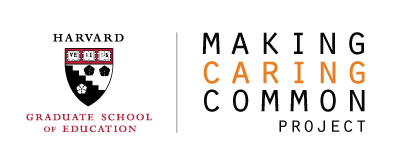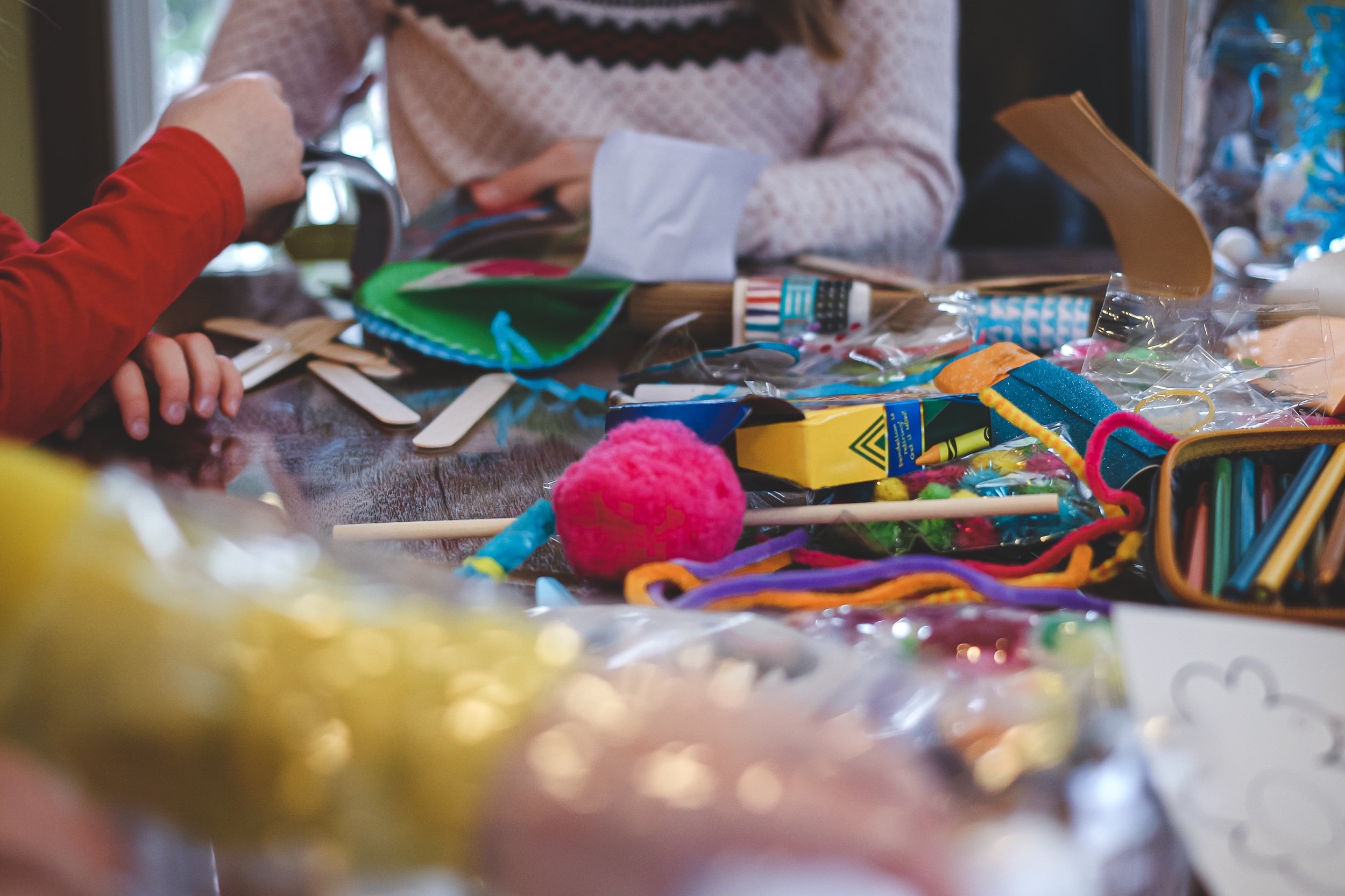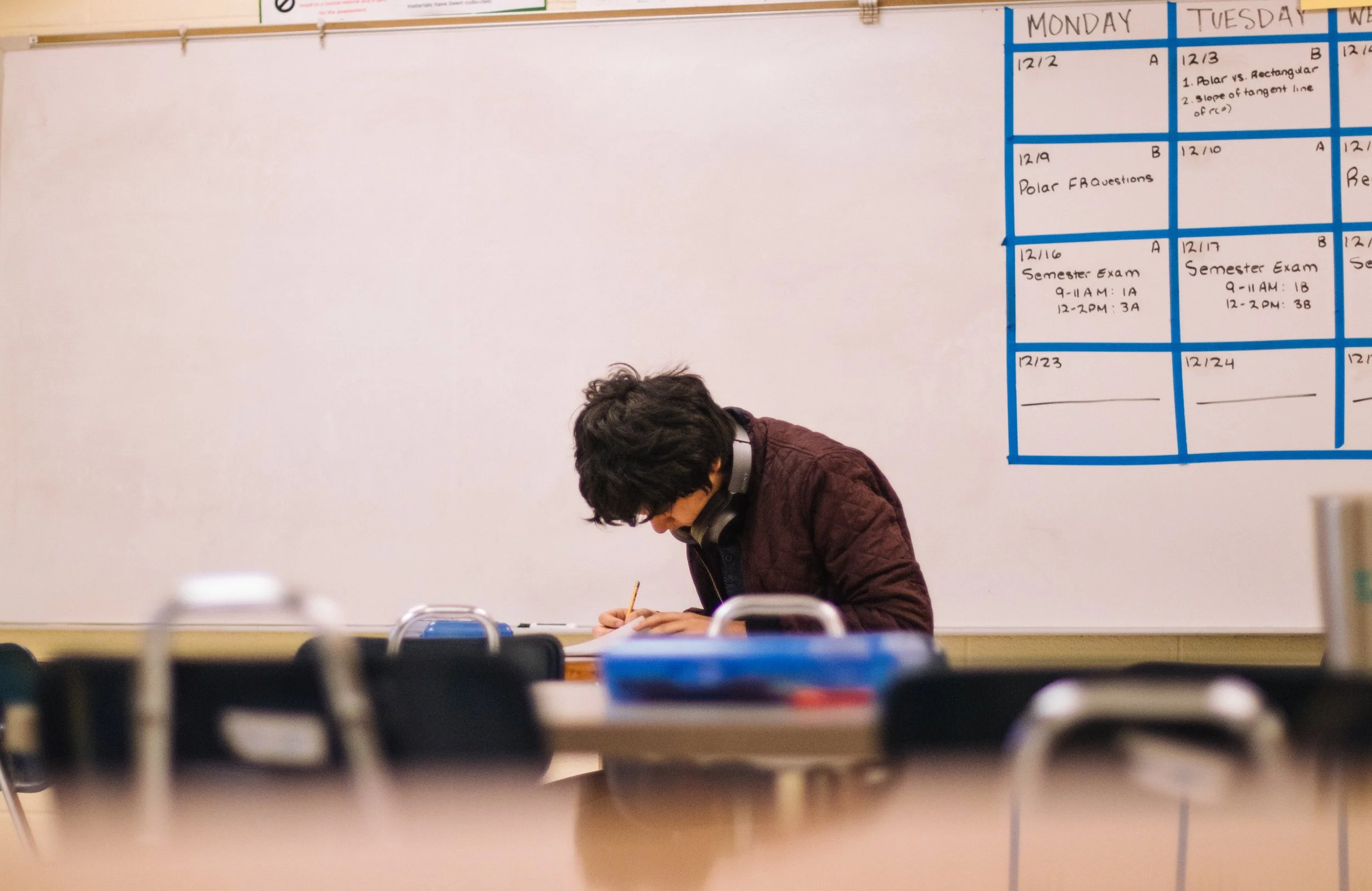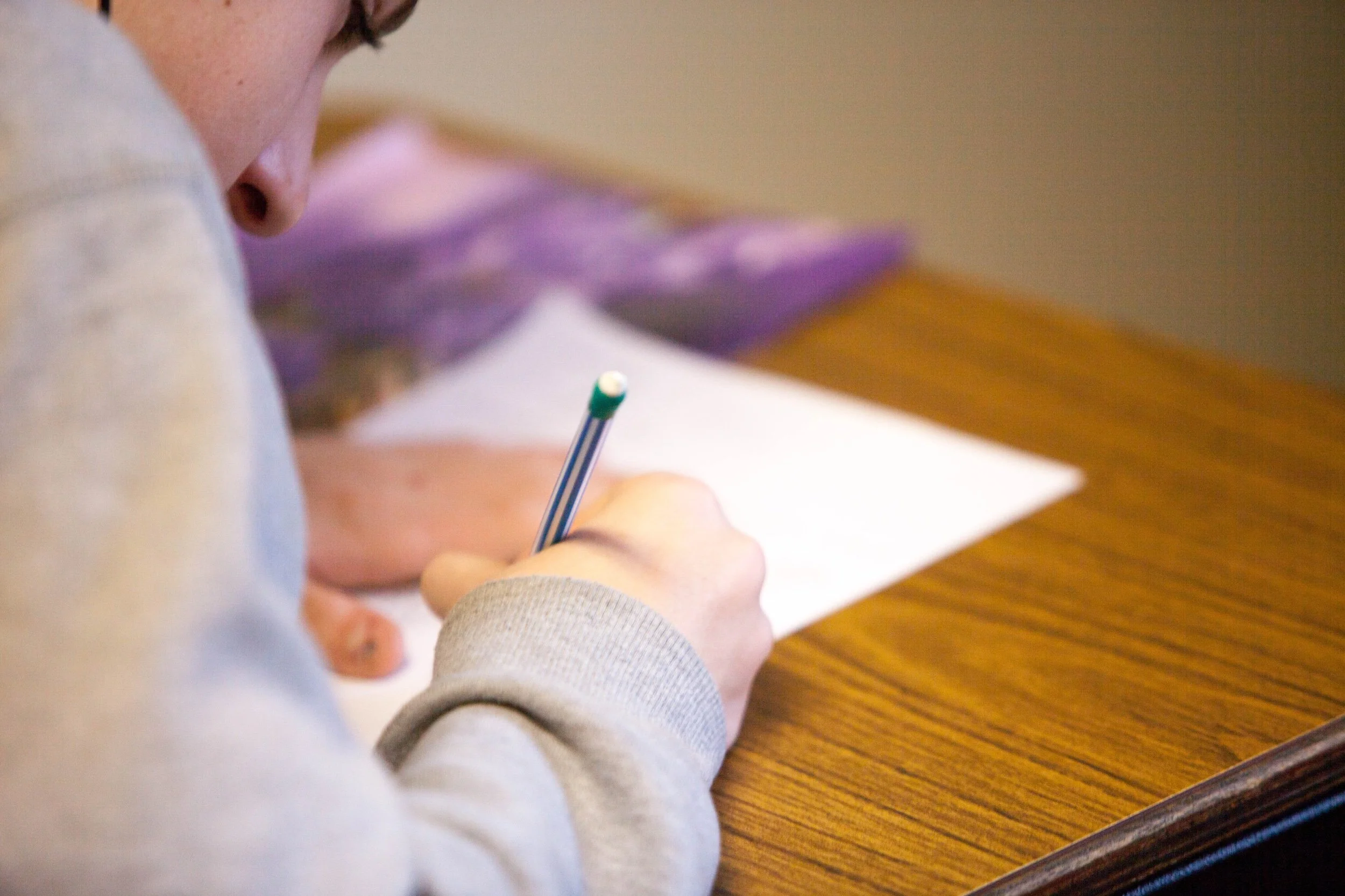Build-It Challenge can be used regularly with students to promote teamwork and communication.
Read MoreSort by topic
- Bias
- Bullying
- COVID
- CSN
- Caring and Empathy
- College Admissions
- Educator Resources
- Elementary School
- For Educators
- Gender
- Mental Health
- Moral and Ethical Development
- Relationship Mapping
- Romantic Relationships
- School Culture and Climate
- Sexual Harassment and Misogyny
- Social - Emotional Learning (SEL)
- Social-Emotional Learning (SEL)
- Talking Across the Aisle
- gender bias
Newsball is a game that can be used regularly with students to build a foundation for the practice and habit of empathy and active listening, while building classroom community.
Read MoreThis document, intended for letter recommendation writers (especially school counselors and teachers), focuses on writing “character-conscious” letters of recommendation.
Read MoreThis resource is intended for high schools that want to share better, more helpful information about student character with college admission offices. It provides high schools with general information and promising strategies regarding character assessment practices.
Read MoreThe more students practice active listening, without being in a two-way conversation, the more they’ll come to value showing interest when someone is speaking, trying to understand their thoughts and feelings, and making them feel heard. The personal nature of the listening prompts also sets the stage for student sharing, which can build trust and connection in the classroom.
With this light-lift strategy, students will practice being active, authentic listeners with a partner — listening to make the speaker feel heard and without the need to reciprocate the conversation, but rather, to better understand and communicate with the speaker. By speaking for up to a few minutes, speakers will also get more comfortable sharing about themselves and expressing vulnerability.
Read MoreEducation Now is an initiative by the Harvard Graduate School of Education to respond to the dramatic changes in the field of education in the wake of coronavirus. Making Caring Common’s Rick Weissbourd hosted six episodes in spring 2020 on connection, leadership, college admissions, teaching, moving forward, and the experiences of high schoolers.
Read MoreWith this light-lift strategy, students explore the concept of gratitude through self-reflection and writing thank you notes to people in their lives to recognize things they appreciate about people in their classroom, school, and beyond. Students also engage in activities that encourage them to consider both real and hypothetical situations around the positive things in their lives.
Read MoreIt’s vital that teachers, administrators, and other school adults foster a sense of belonging and community with one another and their students; make informed decisions about what children need to know and understand in order to feel safe; and focus on creating an environment where children can ask the questions that matter to them.
Our classroom check-in survey is a quick, easy, and confidential way for educators to assess student well-being whether they’re in school or learning remotely.
Read MoreJust released! A new online version of our popular Circle of Concern strategy. Use it to help children — and adults — develop greater empathy.
Helping students develop greater empathy is essential for building a positive school climate, but equally important is considering who students have empathy for.
Read MoreUse Making Caring Common’s relationship mapping strategy for your school, community organization, or religious group to help ensure everyone has a strong connection to someone else during these challenging times.
Read MoreThis tool is intended to help high school educators reflect on whether—and to what extent—they are creating a healthy college admissions culture and climate.
Read MoreA healthy, sane college admissions process depends on high schools and parents working together effectively. College counselors are often the bridge between schools and parents and have a crucial role in this collaboration.
This resource is designed to guide counselors in their work with parents. It is designed for school communities where students experience excessive achievement pressure in the college admissions process.
Help your students learn how to prioritize and balance their commitments with this time management lesson plan.
Total time: 1-1.5 hours over 2-3 sessions.
Read MoreAs children get older, they encounter increasingly complex academic, social, athletic, and familial demands on their time which can be difficult to navigate.
Help your students learn how to prioritize and balance their commitments with this time management lesson plan.
Total time: 1-1.5 hours over 2-3 sessions.
Read MoreThis resource is designed for school communities where students experience excessive achievement pressure in the college admissions process. When this pressure gets too great students often suffer anxiety and depression and other mental health troubles. This pressure can also undermine meaningful learning and students’ ability to focus on and care for others.
Below is a template with suggestions for schools to create a compact with parents focused on reducing excessive achievement pressure and creating a healthy college admissions process. This template is intended to be adapted collaboratively between schools and parents based on each school community’s specific needs and culture.
Read MoreHow can high schools shape a college search and application process that promotes rather than undermines ethical character? What are key ways that high schools can reduce harmful achievement pressure and promote equity and access that advance the recommendations in our first Turning the Tide report? We offer the following guideposts.
Read MoreCaring and compassion are vital, teachable skills with the power to promote tolerance and inclusiveness in our schools, communities, and neighborhoods. This fun, three-part series has been designed to inspire and empower children to be ambassadors for good beyond their immediate friends and family.
Read MoreTo help educators learn how to build empathy in their school communities, Making Caring Common reviewed existing research on empathy and the strategies of evidence-based programs that promote it. Our work shows that there’s more to developing empathy than simply asking students to “walk in someone else’s shoes.” In this resource, you’ll find steps you can take to build real empathy in your students and your community.
Read MoreHow can we inspire and teach young people to care about and take responsibility for others, to think clearly about and pursue justice, to stand up for important principles?
Research suggests that developing these key moral capacities is not achieved via one-shot class assignments or brief programs but through sustained commitment and reflection within the context of peer and adult relationships. Yet children rarely engage in either substantial ethical activities or reflection, guided by adults who stand for important moral values, or even dialogue about how to live those values day to day.
Shared experiences and rituals can tie together school and community as places that value care and commitment and play a vital part in fostering a moral identity in students. Over the course of a semester or an academic year, the Caring Community Youth Capstone supports young people’s ethical development and builds a positive school culture where young people are responsible for creating a caring community.
Read MoreThe School Climate Committee is a key mechanism for creating positive social norms, for reducing bullying, and for developing more respectful, caring children. It also gives students agency in creating positive social norms.
A growing body of research supports the key role of school culture and social norms in preventing a wide array of social and emotional problems and promoting the development of caring, responsible, and respectful children. As children enter adolescence, they are especially influenced by social norms — by what other teen’s consider important, by how other teens define who is and is not worthy of concern, and by how other teens gain power and respect.
Because students primarily take signals from other students about social norms and what is ethically acceptable, and because students have inside knowledge about social dynamics, it is mainly students—especially acting together—who can change norms. This School Climate Committee strategy is one way to channel student power and influence in their school community.
Read MoreDiscussing gender can be challenging. For some youth, this is an immensely personal or even heated topic that brings up questions of equality and privilege. Others may question whether gender biases even exist. Finally, the idea that biases can be implicit—and discrimination unconscious—may itself be a novel, challenging concept to some teenagers. Fortunately, the payoff in broaching these topics is huge.
By allowing children to explore this topic, share ideas for improvement, and participate in community-building and empathy-promoting activities, you are taking steps towards ensuring that your classroom is a place where everyone is respected, supported, and empowered.
Read More

















